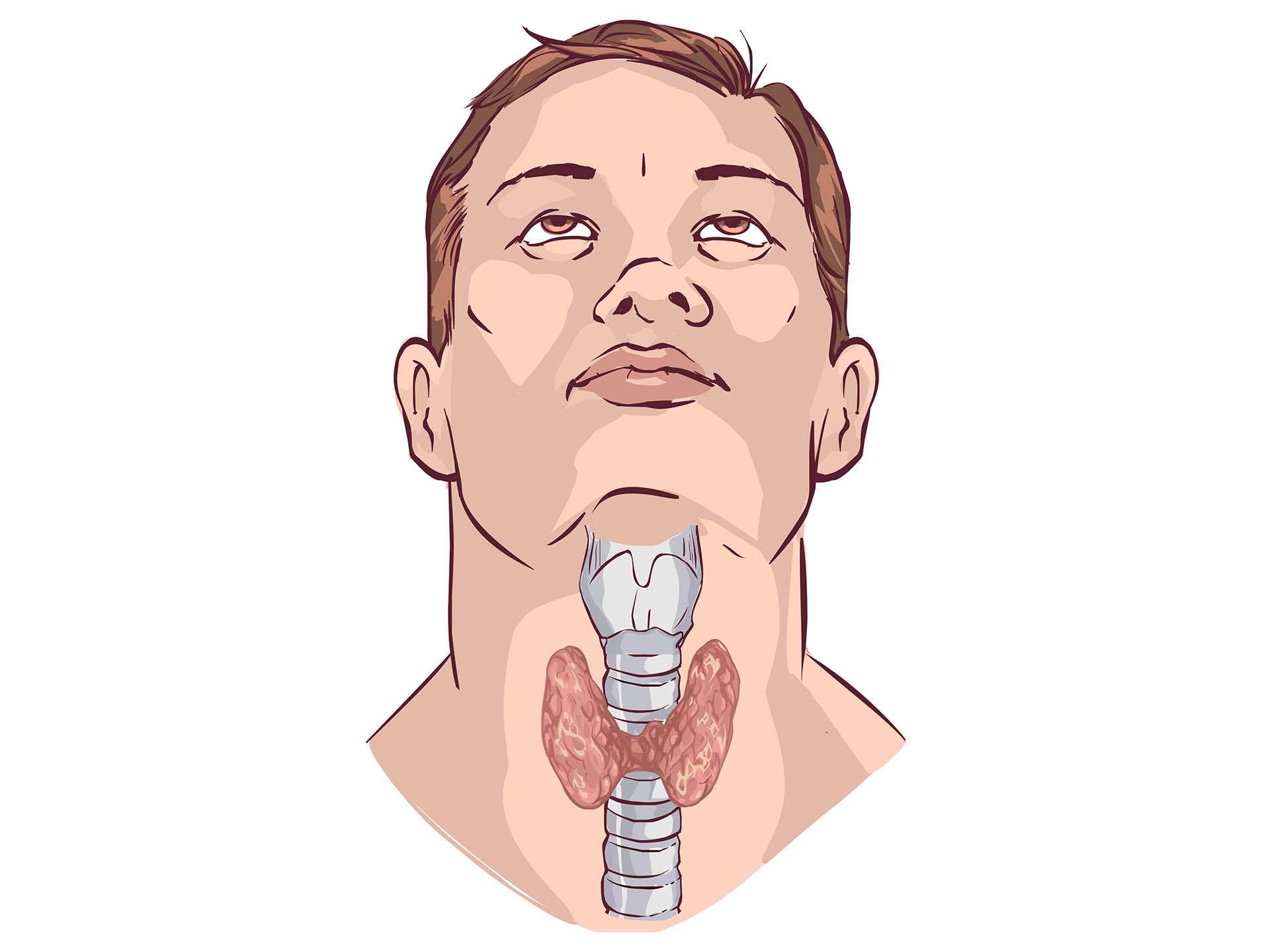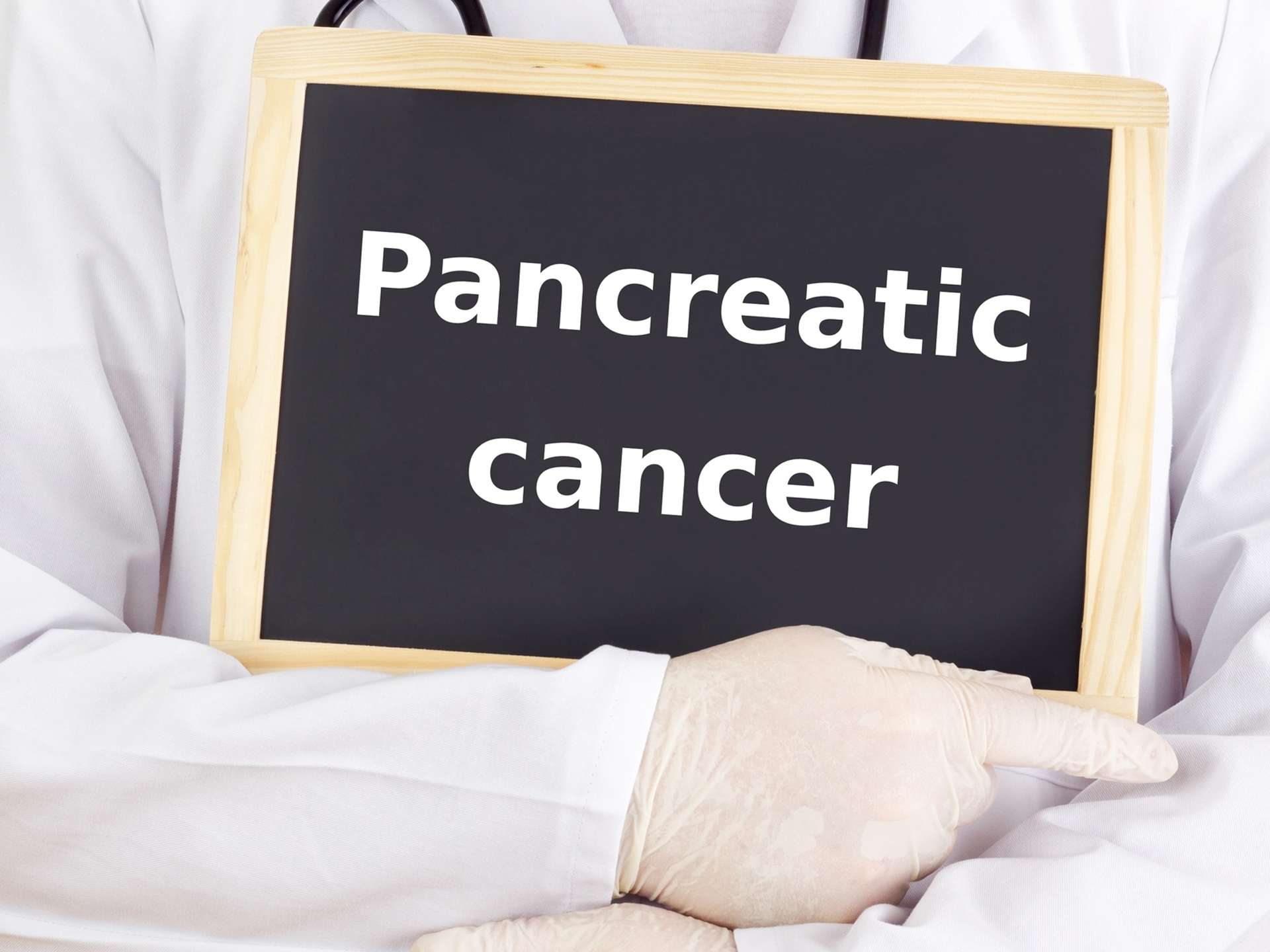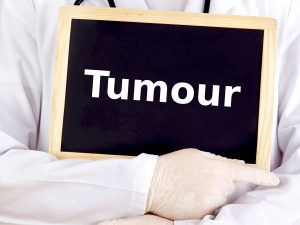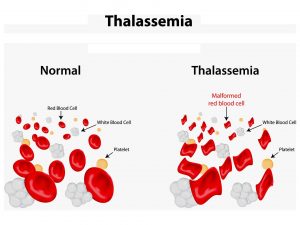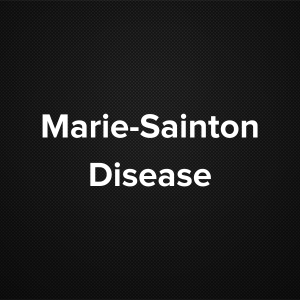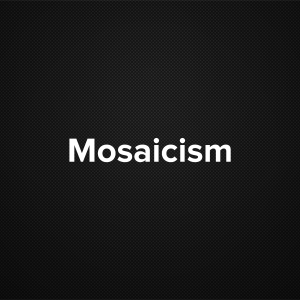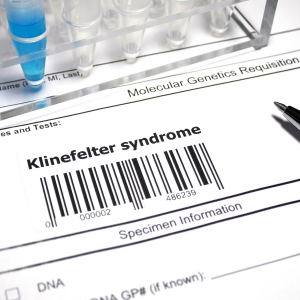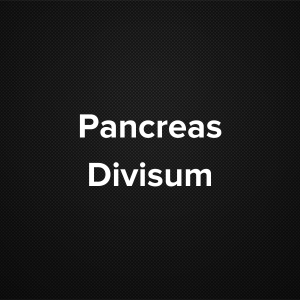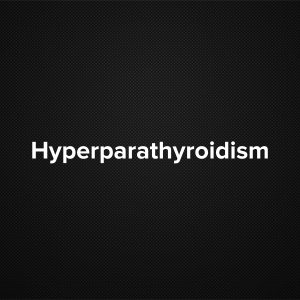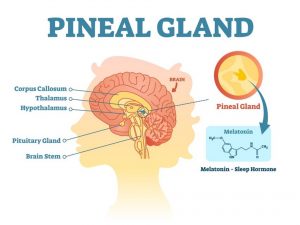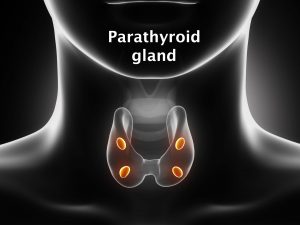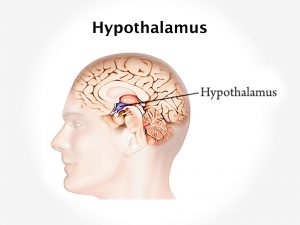Thyroid cancer is a relatively lesser known condition. The condition results when, due to genetic mutations, the thyroid cells grow abnormally and start to accumulate. Depending on the cells affected, thyroid cancer can be of several types like follicular, papillary, thyroid lymphoma.
Thyroid cancer shows a predisposition to occur more in females and is commonly seen at an average of 50 years of age. Radiation treatment to the head and neck area, nuclear accidents and inherited genetic syndromes are some causes of thyroid cancer.
The symptoms of thyroid cancer are unfortunately manifested only when the disease has progressed to a late stage. The signs you should watch out for include:
- Any change or hoarseness in voice
- Difficulty in swallowing and speaking
- Pain in neck and throat
- A lump that can be felt easily under the skin
Since thyroid cancer is a relatively rare condition, you may be investigated for other diseases that cause similar symptoms. Thyroid cancer is suspected when the other conditions are all ruled out. It is diagnosed by biopsying the thyroid tissue, imaging tests like the PET scan and the CT scan. Genetic testing may be recommended if your doctor sees a suspicious family history.
Thyroid cancer is generally treated by surgically removing the affected part. Near total thyroidectomy involves removal of the entire thyroid gland. Surgeons also advise removing the surrounding lymph nodes to which the thyroid drains.
Thyroid lobectomy is removal of only one lobe of the thyroid. This is advised in cases where the cancer affected tissues are restricted to a small area.
Surgery to the thyroid gland involves several risks. There may be severe bleeding and infection; the parathyroid hormone may get affected leading to low calcium levels in the body, there may be permanent voice changes due to the affection of the nerves supplying the vocal cord.
Post surgery you would be advised to take thyroid hormone treatment. This benefits in two ways – it supplies the hormones that the body misses due to the removal of thyroid gland and it suppresses the pituitary production of the Thyroid Stimulating Hormone (TSH). TSH is responsible for the secretion of the various thyroid hormones and may lead to regrowth of any remnant cancer cells.
Radioactive Iodine is a form of treatment that is used post surgery. The large doses of radioactive iodine given to the patient ensure that the small cancer cells that were missed out during surgery as well as some healthy tissue also get killed.
Nausea, dry mouth, dry eyes, altered taste are some of the side-effects of taking radioactive iodine.
Standard cancer treatment of chemotherapy and radiotherapy also remain options for treating thyroid cancer.
Since doctors cannot explain how thyroid cancer develops, the best way is to deal with it as positively as possible. Eating healthy foods like fresh fruits and vegetables, having an active lifestyle are two things that every doctor would recommend. Support groups are also a good coping mechanism.
